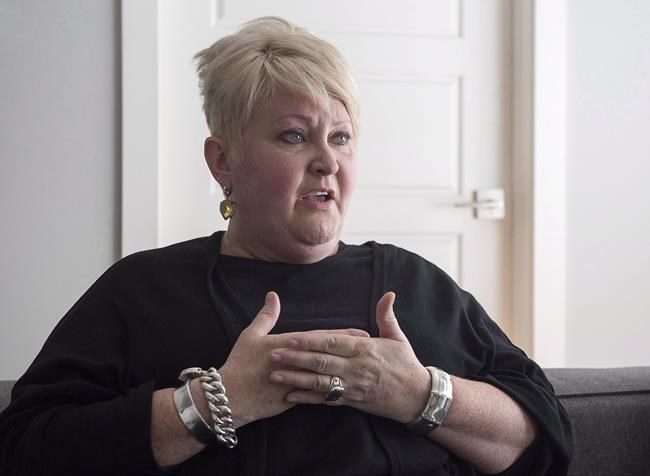HALIFAX — Nova Scotia is removing the requirement that someone’s natural death be “reasonably foreseeable” before they can access medical assistance in dying.
The province is also adopting Audrey’s Amendment, which eliminates the requirement that patients undergoing a medically assisted death be completely conscious to provide consent at the time of death.
The province's Health Department said the policy changes were effective immediately and were made to reflect the “changing landscape” around medically assisted death.
Audrey’s Amendment refers to Audrey Parker, a Nova Scotian with terminal cancer who received a medically assisted death sooner than she wanted because she feared she wouldn’t be well enough to give late-stage consent.
Audrey’s Amendment was given royal assent by the Senate of Canada in March 2021.
Dr. Nicole Boutilier, vice president of medicine at Nova Scotia Health, said in a statement “the new documents demonstrate our commitment to patients and clinicians in safeguarding the highest standard of care.”
This report by The Canadian Press was first published Aug. 9, 2022.
---
This story was produced with the financial assistance of the Meta and Canadian Press News Fellowship.
The Canadian Press



